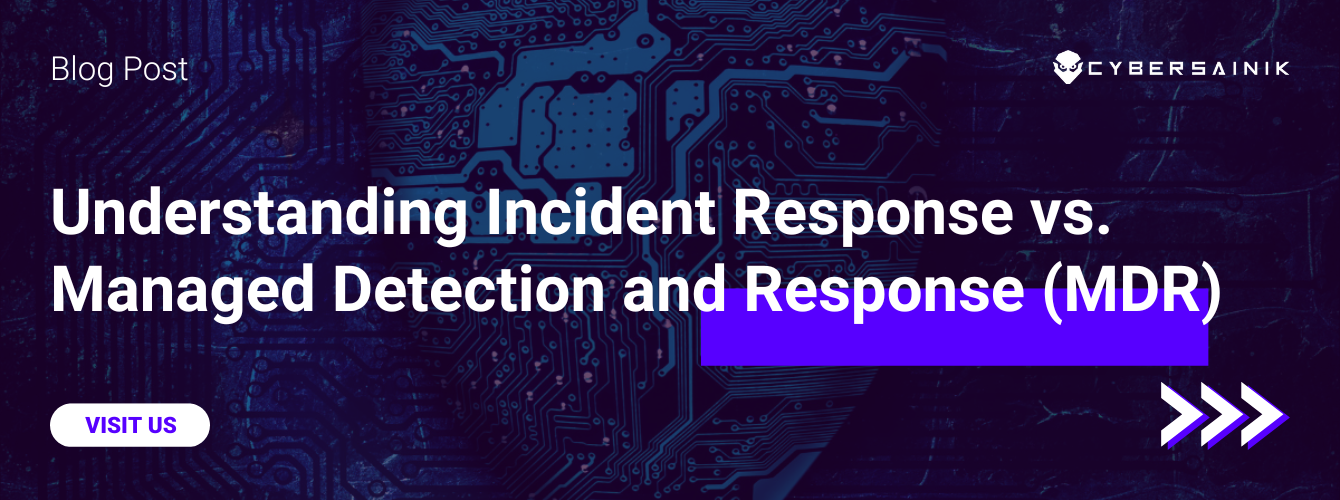Uncovering €3 Million Illicit Profits and Diverse Scam
In a significant win for law enforcement, Spanish authorities have announced the apprehension of 34 members of a criminal group involved in a variety of online scams. These scams raked in approximately €3 million (or $3.2 million) in illicit profits for the group, underscoring the scale of their criminal enterprise.
A Coordinated Operation:
Spanish law enforcement executed searches across 16 locations, spanning Madrid, Malaga, Huelva, Alicante, and Murcia. This operation resulted in the confiscation of notable items, including two simulated firearms, a katana sword, a baseball bat, €80,000 in cash, four high-end vehicles, and thousands of euros’ worth of computer and electronic equipment.
An Intriguing Discovery:
During their operation, authorities stumbled upon a database containing information on approximately four million individuals. This data was acquired through infiltrating databases belonging to financial and credit institutions, shedding light on the extent of the group’s activities.
Online Scams with a Deceptive Touch:
The scammers utilized various means, including email, SMS, and phone calls, to perpetrate their frauds. They often posed as banks and electricity supply companies, deceiving victims with elaborate ruses. In some cases, they even engaged in “son in distress” calls and manipulated delivery notes from technology firms to achieve their malicious objectives.
Exploiting Insider Knowledge:
In one notable incident, members of the group leveraged their insider position within a multinational technology firm. This enabled them to divert computer and electronic products from suppliers to the criminal entity, highlighting the audacity of their schemes.
Manipulating Financial Institutions:
The cybercriminal network was not limited to impersonating banks, it also gained unauthorized access to customer databases within financial institutions. After adding funds to customer accounts, they contacted these individuals, alerting them to a supposed erroneous deposit. To retrieve these “funds,” victims were directed to click on a bogus link that subsequently captured their login credentials.
Diverse Revenue Streams:
The criminals’ activities extended beyond these scams, with the network allegedly profiting from the sale of counterfeit bank websites, mass messaging programs, and information harvested from specialized forums. Furthermore, they were known to use false documentation and employ spoofing techniques to conceal their true identities, investing their gains in cryptocurrency assets.
A Continuing Battle Against Cybercrime:
This achievement follows closely on the heels of the Spanish National Police’s arrest of 55 individuals from a Barcelona-based group, known as the Black Panthers, accused of taking over bank accounts through SIM swapping. They succeeded in stealing approximately €250,000 from nearly 100 victims.
The cyber landscape continues to evolve, with scammers developing increasingly sophisticated schemes. Recent reports suggest a new money laundering method in which China-based fraudsters exploit a combination of counterfeit instant loan apps and India’s Unified Payments Interface (UPI) to deceive victims into parting with their funds.
As cybersecurity threats diversify and intensify, the battle against cybercrime remains a top priority for law enforcement agencies and cybersecurity experts. Each arrest and operation represents a step forward in safeguarding individuals and organizations from digital threats.
In a world where cyber threats are ever-evolving, we understand that it can be challenging to keep up with. That’s why we’re here to help Contact Cyber Sainik today for expert guidance on bolstering your cybersecurity defenses and staying protected in this digital age.




